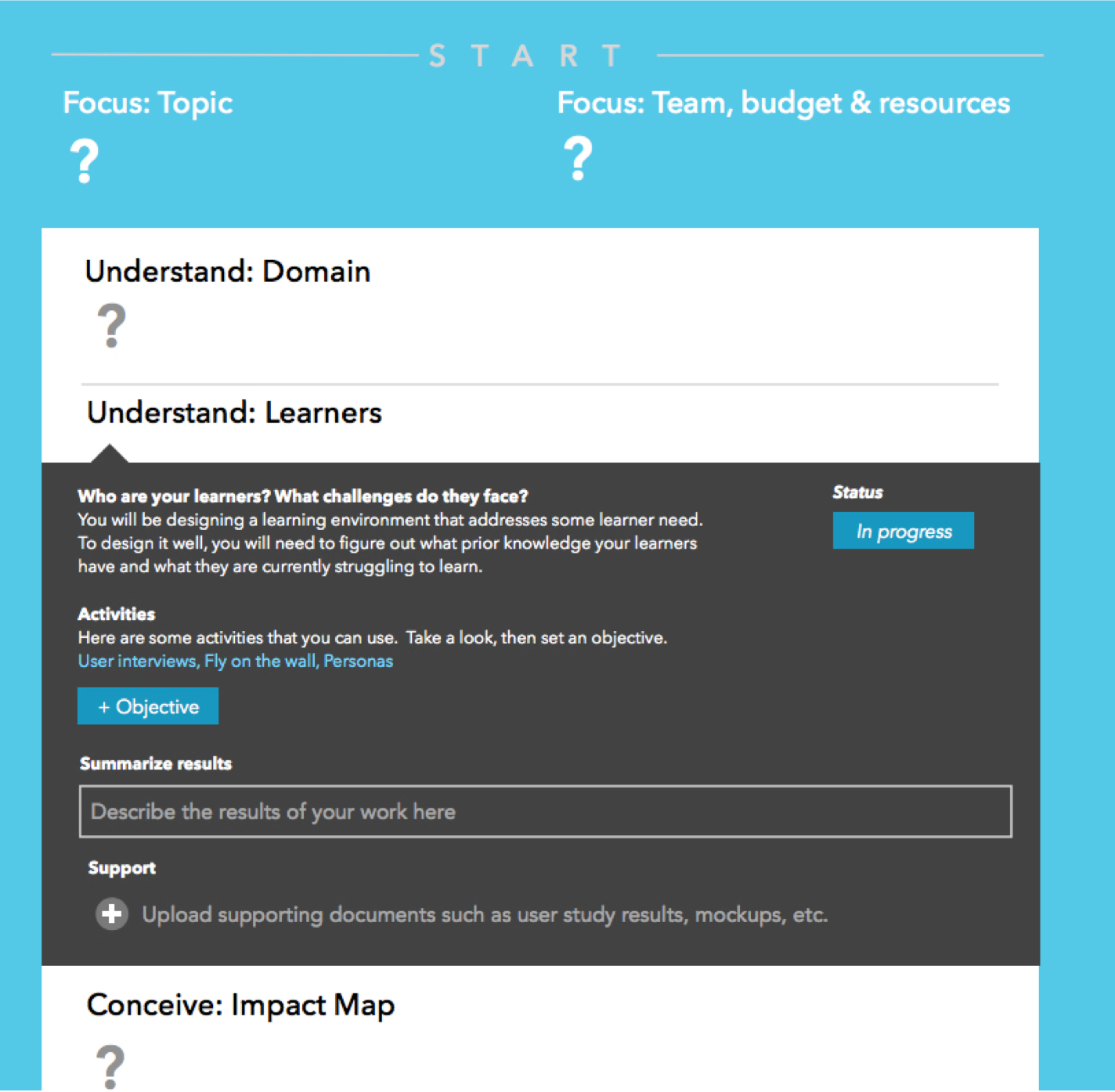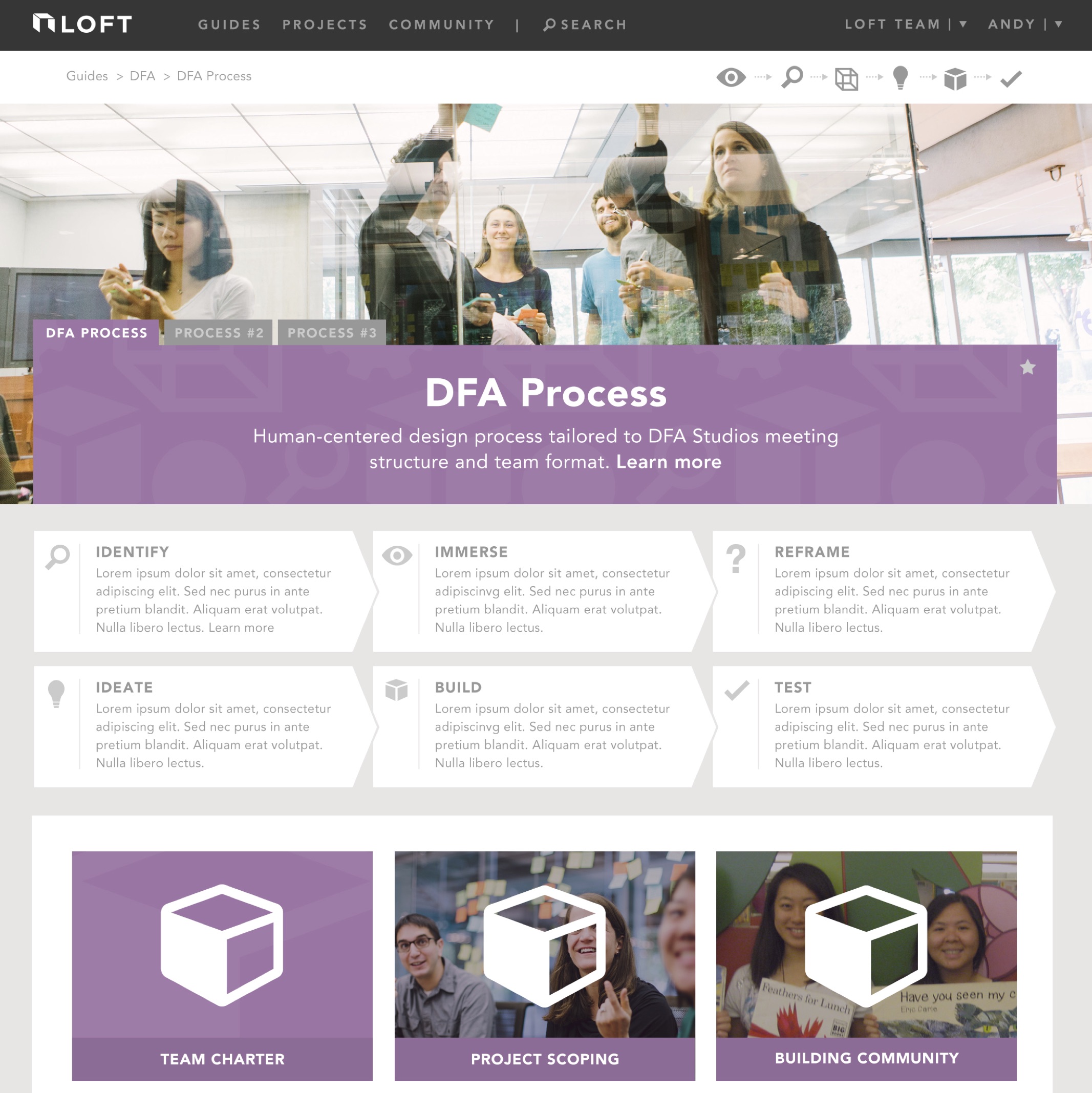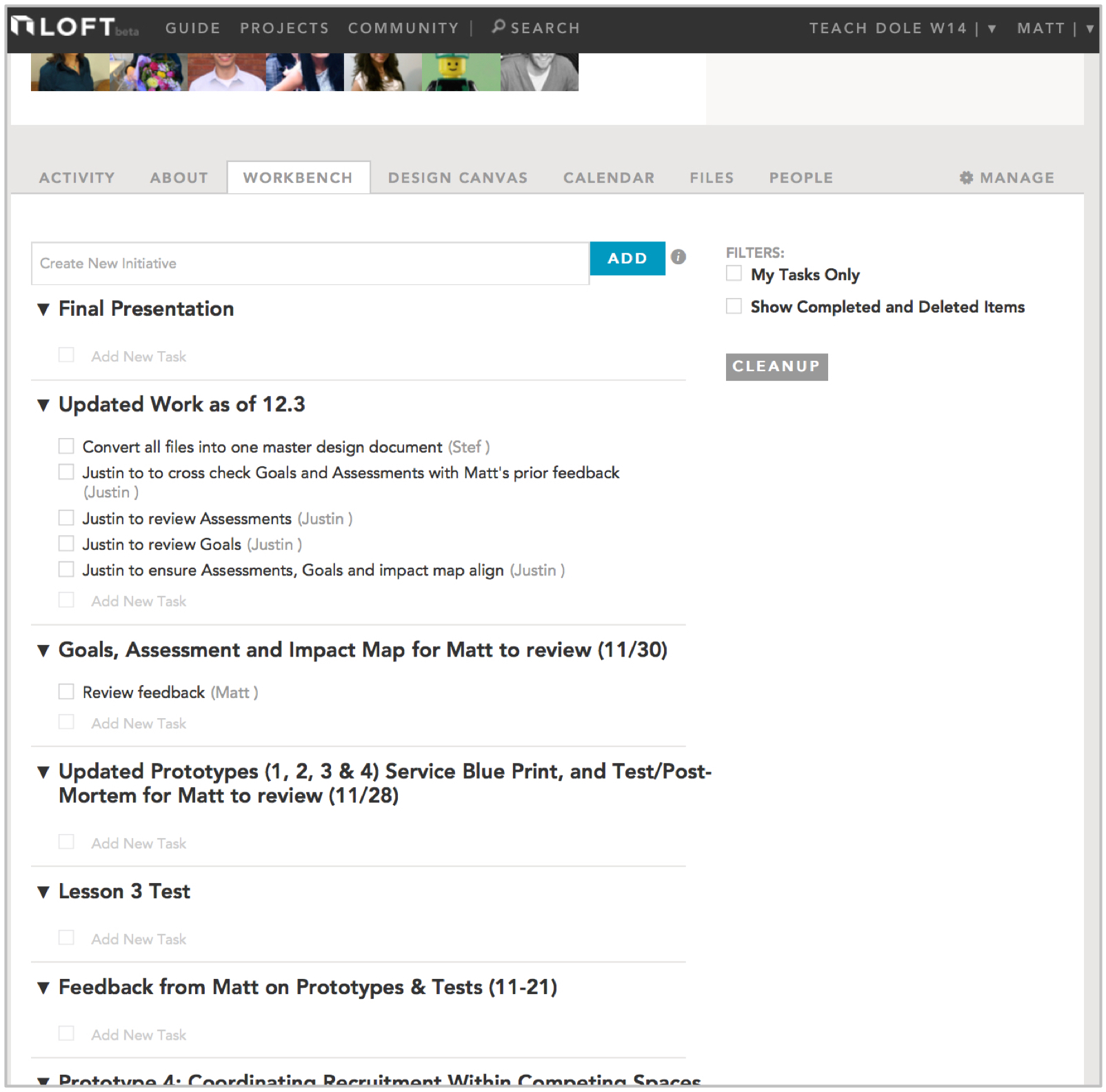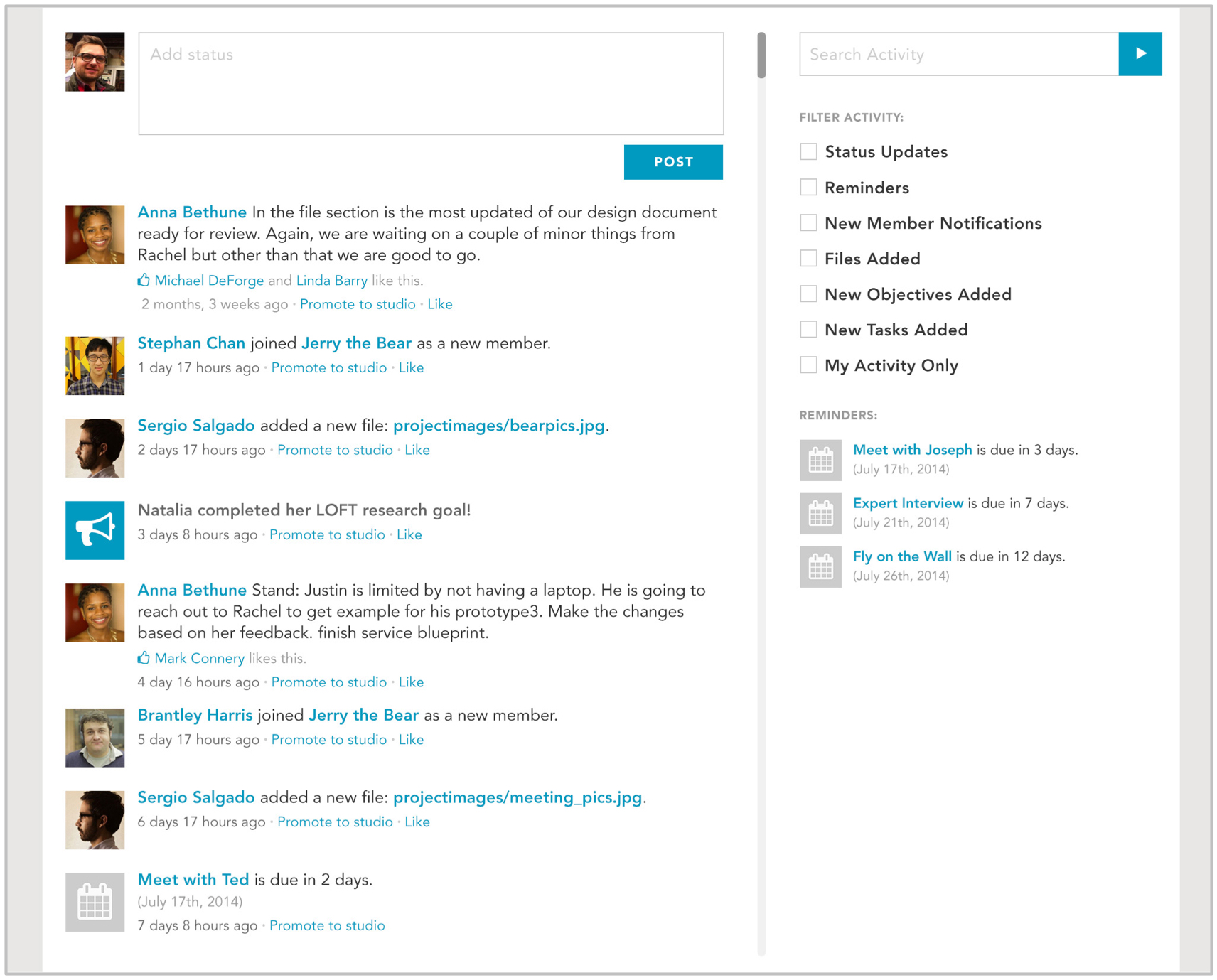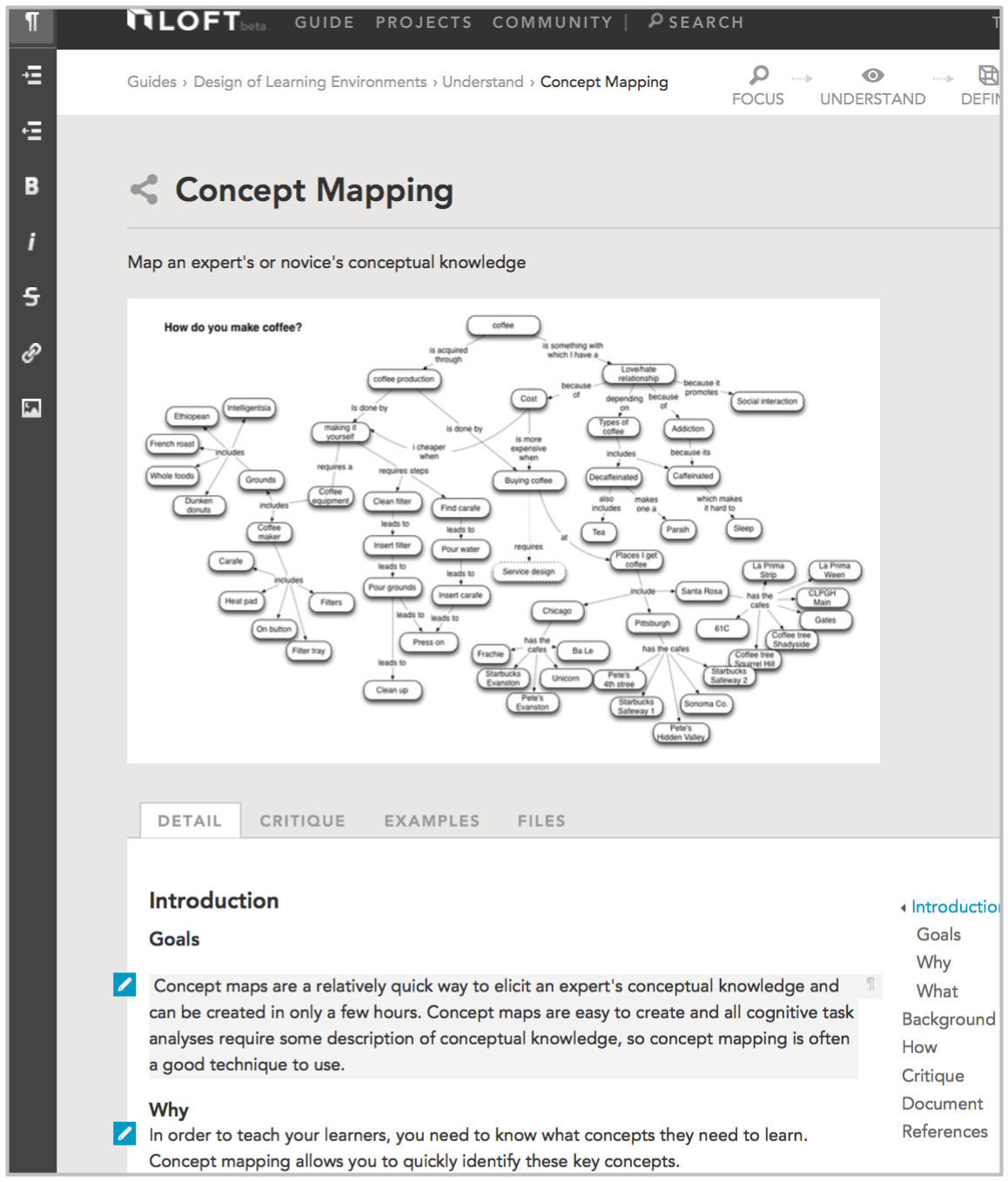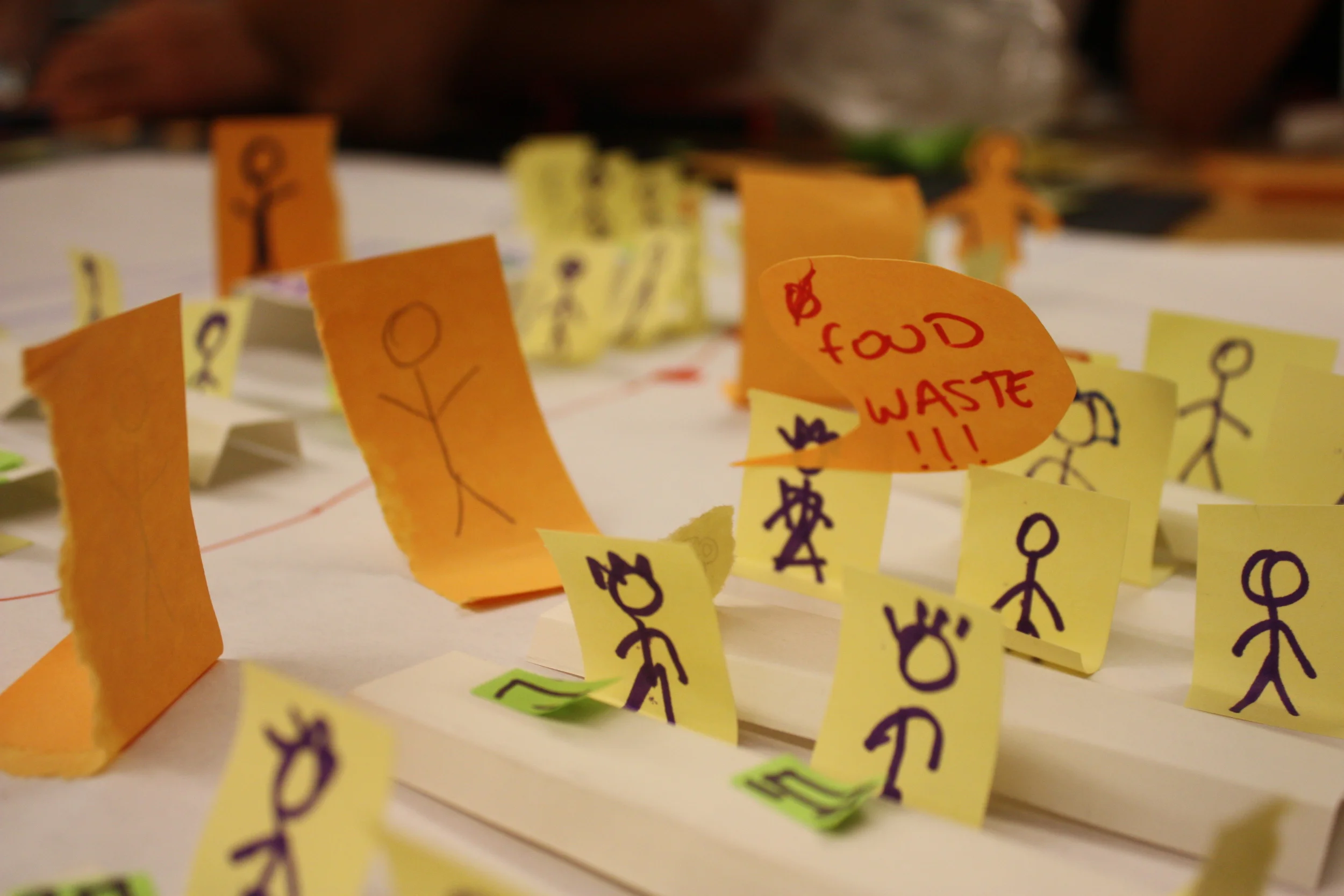Learning movements for civic innovation
Solving societal problems depends on our ability to develop networks of innovators who can use policy analysis, civic journalism and design to address social problems like climate change, inequality and education. I study how Learning movements such as Design for America, Roosevelt Institute Campus Network, and schools can develop civic innovators.
Research:
- Social Innovation Networks (Gerber & Easterday, 2015) -- Design for America (DFA) is a social innovation network of university student-led studios where teams use the design process to solve social problems in their community. This paper describes the unique opportunities challenges that DFA creates for promoting real-world learning.
- Models of New Media Civic Competencies (in preparation) -- Civic innovation includes the ability to use new media to engage the community in public problems but there are few models of what abilities learners must develop. Using civic journalists as a starting point, we describe the knowledge, skills and dispositions that learners must develop to become competently use new media for civic ends.
- The Immigrant voices project (in preparation) -- How might we teach civic journalism in public schools? This paper describes the design of the Immigrant Voices project in which we taught public school students in immigrant communities how to create 3-5 minute video documentaries about how immigration policy affects their community.



